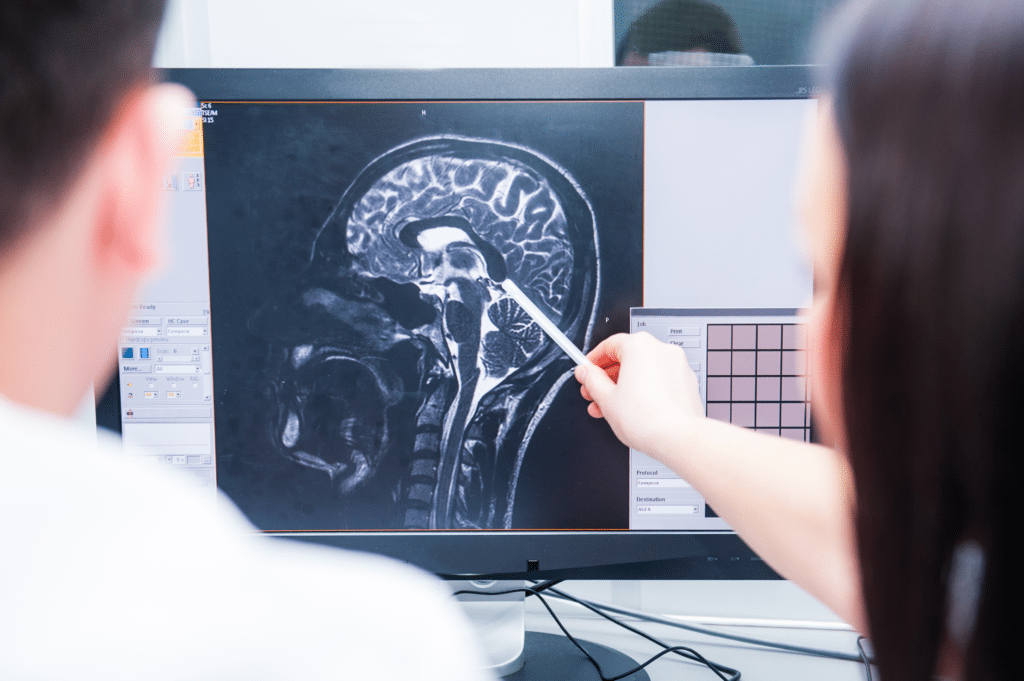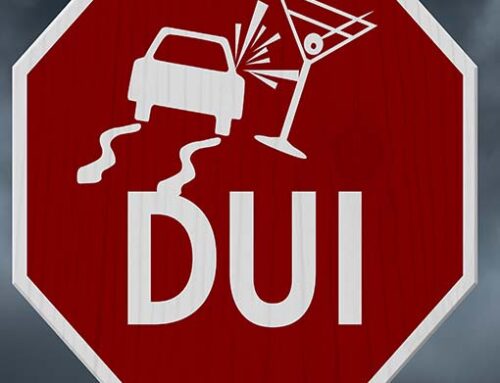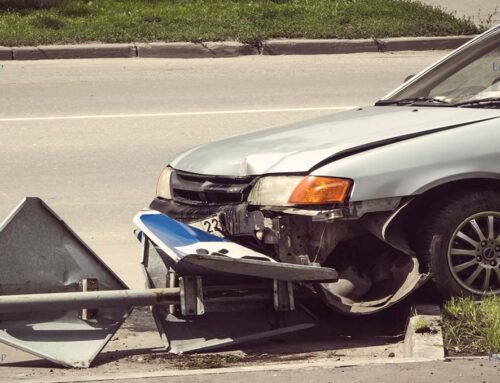
Head Injury
An Extensive Examination of Brain and Head Injury
Did you know that an astonishing 1.7 million cases of traumatic brain injury (TBI) occur annually in the United States? While this may not come as a surprise, it is important to note that a significant majority of these cases result in hospitalizations or even fatalities.
While TBIs are commonly associated with automobile accidents, they can be equally catastrophic when caused by high-velocity impacts from hard objects. Engaging in full-contact sports, experiencing falls, or being involved in work-related accidents can also lead to severe head trauma and brain injuries.
Brain trauma and related head injuries can have profound consequences. Swelling, bruising, and bleeding of the brain are typical issues that arise, resulting in debilitating or even fatal outcomes.
Open and Closed Head Injuries: A Dichotomy
Two primary types of brain injuries exist. The first is an open injury, characterized by a cracked or fractured skull that creates an opening. Such head injuries occur when an individual falls and strikes their head against a hard object or when a hard object forcefully impacts the head.
Conversely, a closed head injury does not involve a skull fracture or opening. Nevertheless, it is equally severe as an open head injury due to the potential for swelling, bruising, or bleeding of the brain. The presence of bleeding can further lead to the formation of dangerous blood clots.
Loss of consciousness, brain damage, paralysis, or even death can result from brain or head injuries. Furthermore, these injuries can be sustained not only in automobile accidents but also through falls, sports activities, or direct blunt force to the head.
Detecting Signs of Serious Brain Injury
Not all symptoms of a serious brain or head injury manifest immediately after the incident. In some cases, they may only become apparent days, weeks, or even months later, making it challenging to identify such injuries soon after the accident—particularly if there are no visible physical indications.
However, there are simple indicators to watch out for when assessing potential head injuries. If you suspect a head injury, consider the following signs:
- Confusion or cognitive disarray
- Memory problems or difficulty recollecting events during the accident
- Dizziness, vertigo, or nausea
- Severe headaches
- Numbness or weakness in the body
- Balance problems
If any of these indicators are present following a head injury or accident, immediate medical assistance should be sought. It is crucial for the injured individual to refrain from making any movements that may exacerbate the injury. Exceptions may occur when a severely injured driver or passenger requires immediate relocation to a safer location. Nonetheless, seeking evaluation and treatment at the nearest medical facility remains paramount.
Common Brain and Head Injuries
Automobile accidents frequently result in brain bruising, a prevalent form of head injury. Similar injuries can occur during falls or sports-related incidents. When a powerful force impacts the head, the brain moves back and forth inside the skull, leading to bruising against its inner walls. In cases where the force is excessive, violent brain motion can result, potentially causing bleeding.
Head trauma can also cause tearing of the brain, much like a hammer forcefully striking a block of ice, resulting in shattered pieces breaking away. Consequently, damage to portions of the brain can occur when blunt force is applied to the head, leading to severe impairment of the nervous system and motor skills.
Swelling is another common consequence of head trauma. While it is a natural healing process, swelling within the brain region can pose problems. Limited space for brain migration may result in increased intracranial pressure, leading to impaired bodily functions.
Medical Evaluation and Treatment for Severe Brain or Head Injuries
In cases of serious brain injuries or head trauma, prompt medical evaluation is crucial for determining the extent of the damage. Once the injury is diagnosed, treatment must commence immediately to minimize the risk of severe complications or fatality.
The financial burden of treatment, rehabilitation, and recovery for severe brain or head injuries can be overwhelming. The inability to continue regular employment, business, or work during this period can significantly impact the injured individual and their family. However, the law provides avenues for the injured person to seek various forms of economic compensation and protection against employment discrimination, enabling them to regain financial stability.
Pursuing Legal Action for Compensation
If you or a loved one has suffered brain trauma or a head injury due to the fault or negligence of another party, you have the right to seek compensation for damages. To safeguard your legal interests and rights, it is advisable to consult a highly experienced Las Vegas personal injury attorney when considering legal action.
Allow our skilled lawyer to review and handle your case effectively. Contact Dan Lovell of Empire Law Group to secure expert representation.





